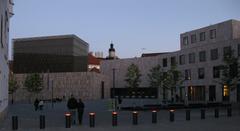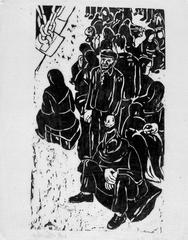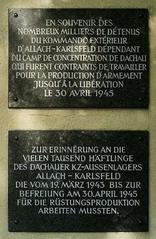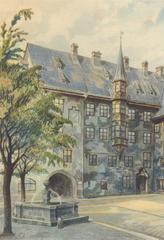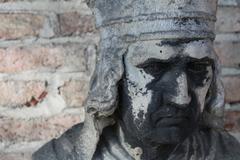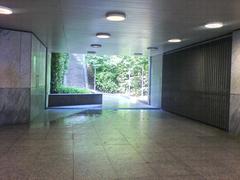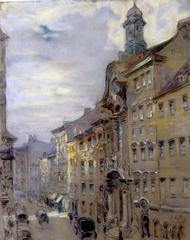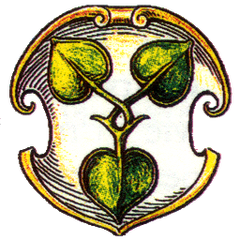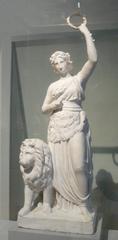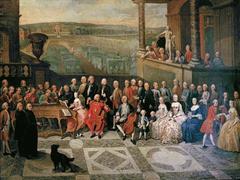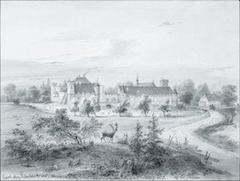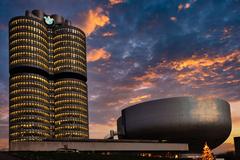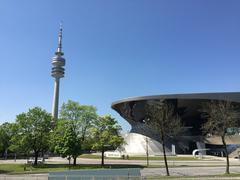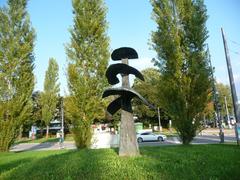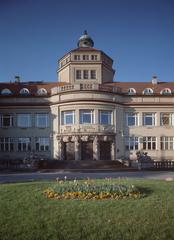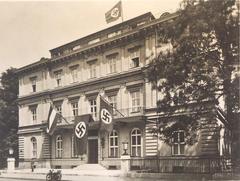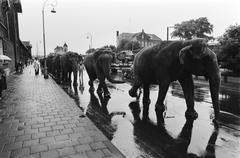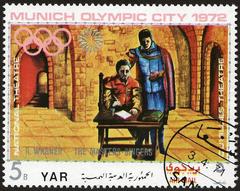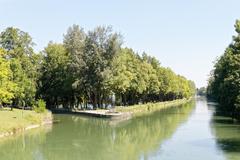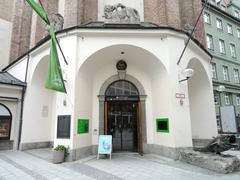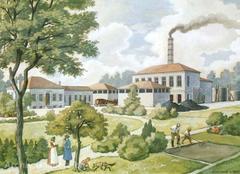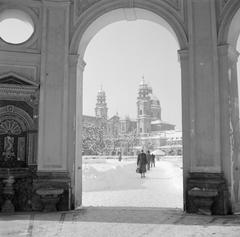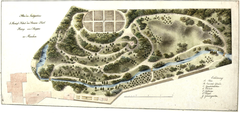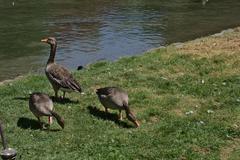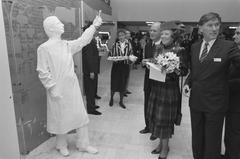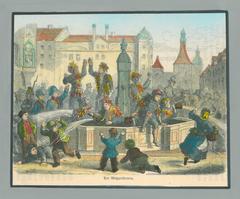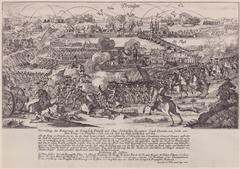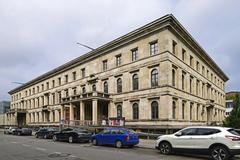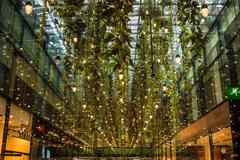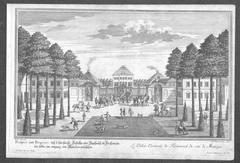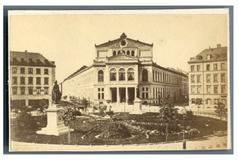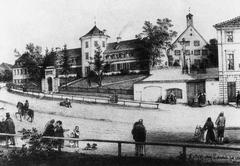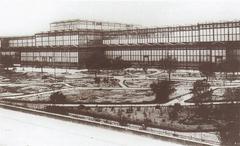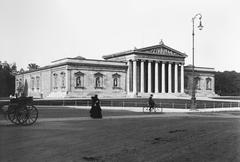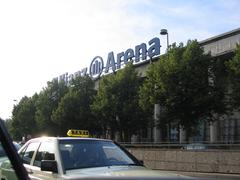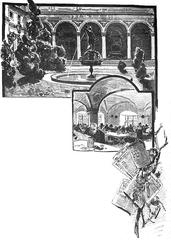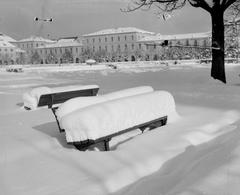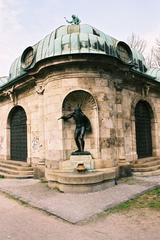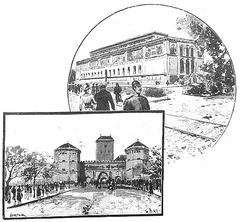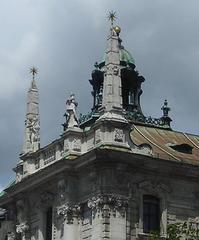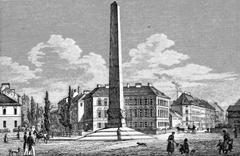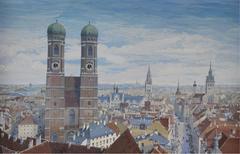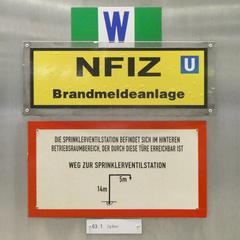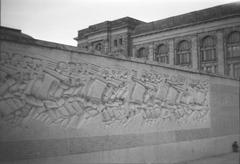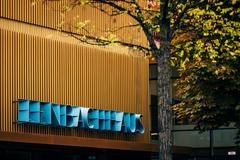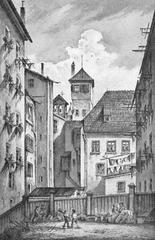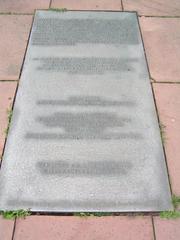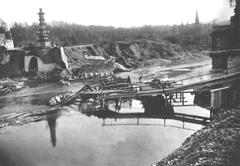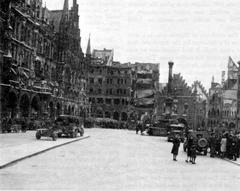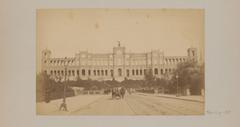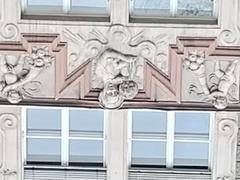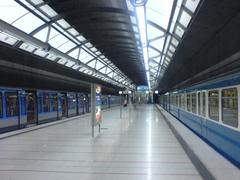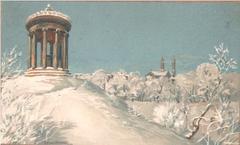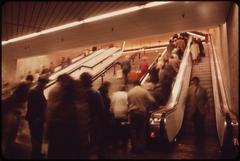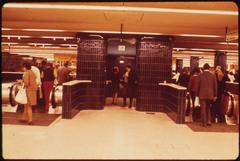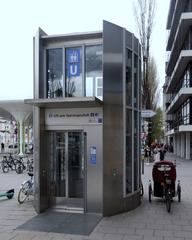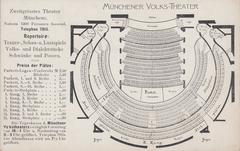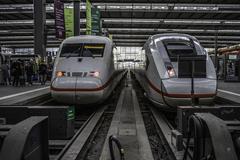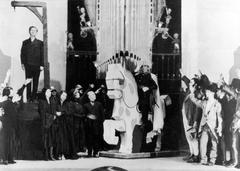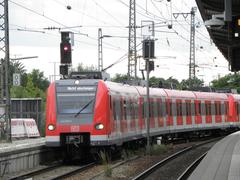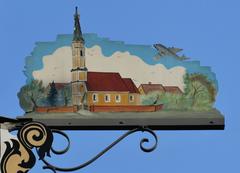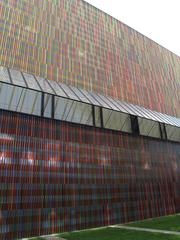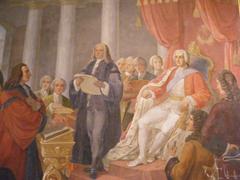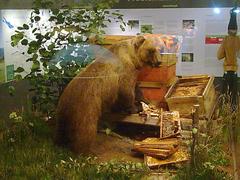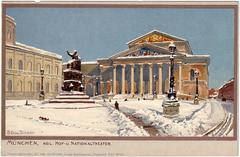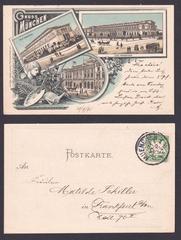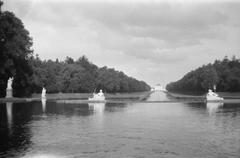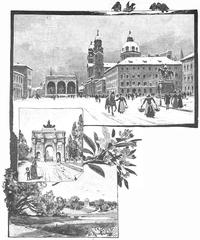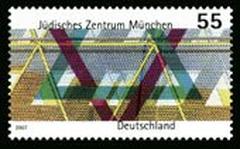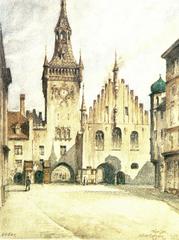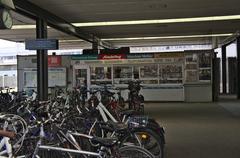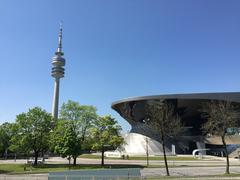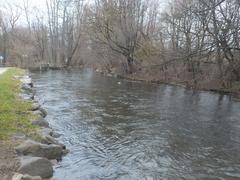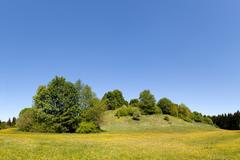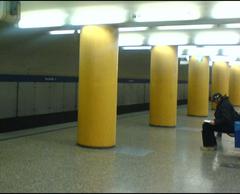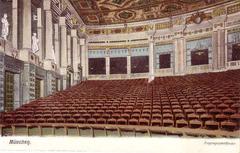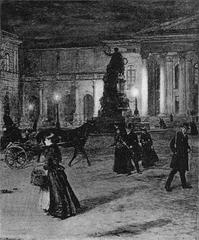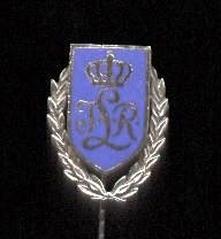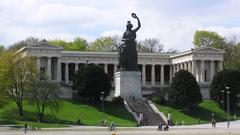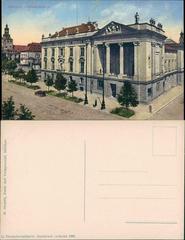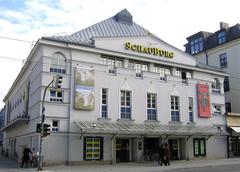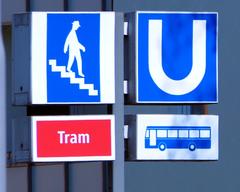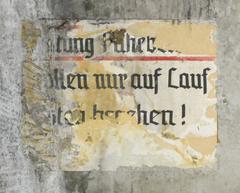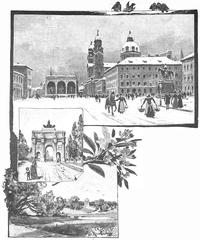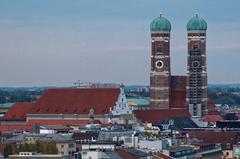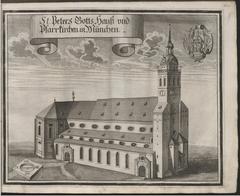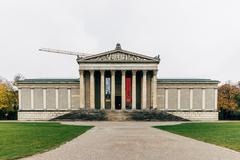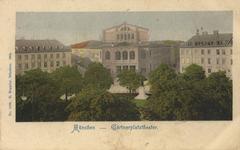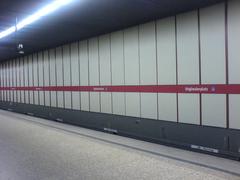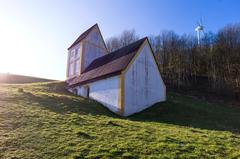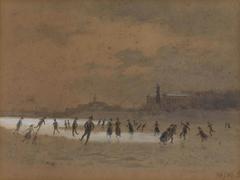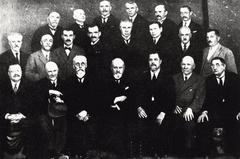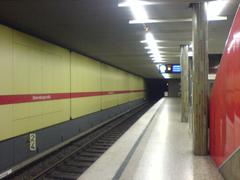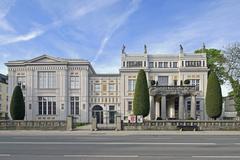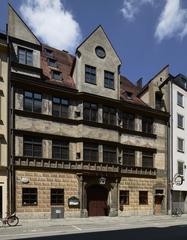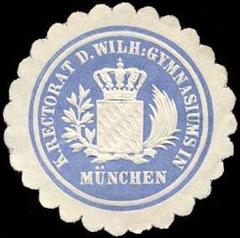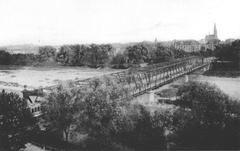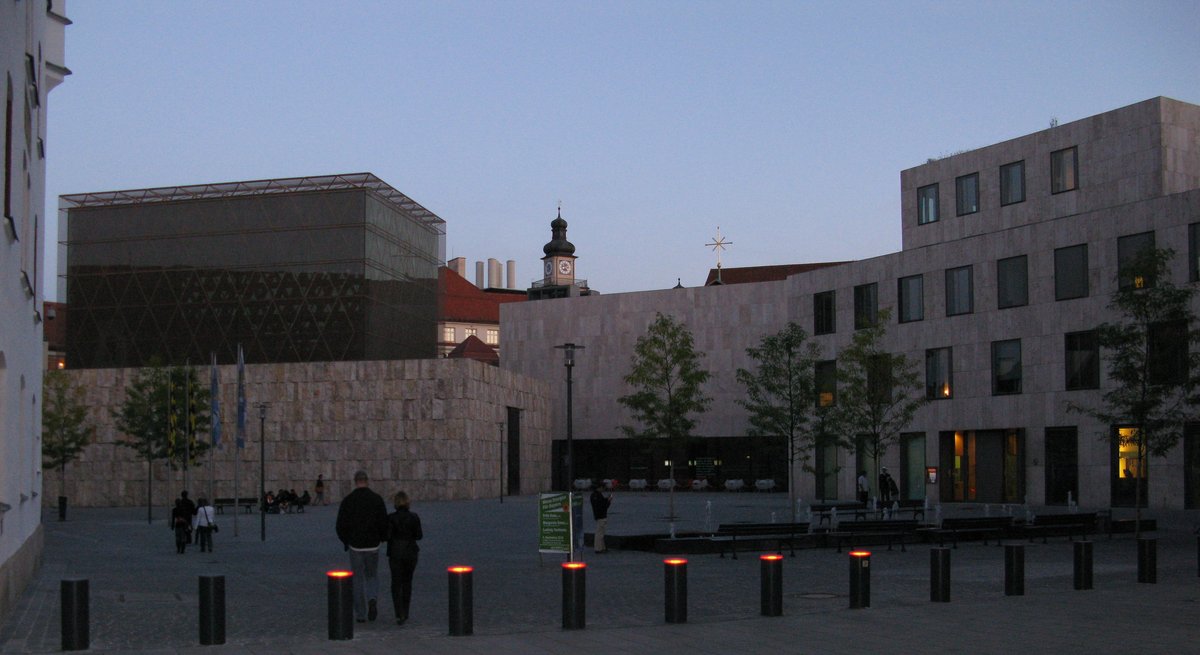
Jewish Museum Munich: Visiting Hours, Tickets, and Comprehensive Guide to Munich’s Jewish Heritage
Date: 14/06/2025
Introduction
Nestled at Sankt-Jakobs-Platz in the vibrant heart of Munich, the Jewish Museum Munich stands as a vital testament to centuries of Jewish heritage, culture, and resilience in Bavaria. More than a collection of artifacts, the museum offers an immersive journey through Jewish life—from medieval roots and periods of prosperity to the tragedies of the 20th century and the vibrancy of today’s community. Adjacent to the Ohel Jakob Synagogue and the Jewish Community Center, the museum is an integral part of Munich’s Jewish Center, symbolizing renewal, remembrance, and intercultural dialogue (Munich Travel; ArchDaily).
This guide provides detailed information for visitors: up-to-date opening hours, ticketing options, accessibility features, highlights from exhibitions, travel tips, and suggestions for nearby attractions. Whether you are a history enthusiast, a lover of architecture, or a cultural explorer, the Jewish Museum Munich promises a meaningful and enlightening experience (Jewish Museum Munich Official; Absolute Munich; Lonely Planet).
Table of Contents
- Introduction
- History and Development
- Architecture and Urban Significance
- Visiting the Jewish Museum Munich
- Museum Exhibitions and Collections
- Visitor Experience and Practical Tips
- Nearby Attractions and Munich Historical Sites
- Digital and Online Resources
- Frequently Asked Questions (FAQ)
- Conclusion and Visitor Resources
- References
History and Development
Origins and Growth
The idea for a Jewish museum in Munich emerged as early as 1928, reflecting the city’s longstanding Jewish presence. The first private Jewish museum, established in the 1980s by Richard Grimm, was short-lived due to financial difficulties. However, the vision endured, and in the early 2000s, Munich committed to a new, permanent museum as part of the Jewish Center at Sankt-Jakobs-Platz. The museum officially opened on March 22, 2007, marking a significant milestone in the recognition and revival of Jewish life in Munich (Wikipedia; Munich Travel).
Jewish Life in Munich: Historical Context
Jewish communities have shaped Munich since the 13th century, experiencing cycles of growth and adversity. The 19th and early 20th centuries saw a flourishing of Jewish culture, followed by the devastation of National Socialism, including the destruction of Munich’s main synagogue during Kristallnacht in 1938 (The Better Vacation). After World War II, survivors and newcomers gradually rebuilt Jewish life, with the museum now serving as a symbol of both remembrance and renewal (Introducing Munich).
Architecture and Urban Significance
The museum’s design, by Rena Wandel-Hoefer and Wolfgang Lorch, features a distinct travertine stone cube, with a transparent ground floor that invites visitors into its contemplative spaces. As part of the Jewish Center ensemble—including the Ohel Jakob Synagogue and Jewish Community Center—the museum’s architecture fosters a sense of openness and dialogue, while its introverted, geometric form encourages reflection (Muenchen.de; ArchDaily).
The museum’s central location places it within easy reach of Marienplatz, Viktualienmarkt, and other major Munich landmarks, emphasizing its role in the city’s cultural life.
Visiting the Jewish Museum Munich
Visiting Hours
- Tuesday to Sunday: 10:00 AM – 6:00 PM
- Monday: Closed
- Holidays: Closed on major Jewish and public holidays
- Last Admission: 30 minutes before closing
Tickets and Entry Fees
- Adults: €6–8 (check the official website for current rates)
- Reduced: €3–5 (students, seniors, disabled visitors)
- Children under 18: Free
- Discount Days: Admission is often reduced to €1 on the first Sunday of each month
- Family and Group Rates: Available on request
How to Buy Tickets:
Tickets can be purchased on-site or online. Online purchase is highly recommended, especially during busy periods and for guided tours (Jewish Museum Munich Official).
Accessibility
The museum is fully wheelchair accessible, with step-free entrances, elevators to all floors, accessible restrooms, and assistance available. Service animals are allowed (Museen in Bayern).
Guided Tours and Educational Programs
- Languages: German and English (other languages on request)
- Types: Regular public tours, private group tours, and educational workshops
- Booking: Advance reservation recommended, especially for groups
- Audio Guides: Available in multiple languages
Facilities and Amenities
- Bookshop: Wide selection of literature on Jewish history, culture, and art
- Café: Healthy meals and specialty coffee at Coucou Food Market (Lonely Planet)
- Cloakroom and Lockers: For coats and bags
- Rest Areas: Seating throughout the museum
- Restrooms: Accessible on all floors
Museum Exhibitions and Collections
Permanent Exhibition: “Voices_Places_Times” (“Stimmen_Orte_Zeiten”)
The core exhibition takes visitors through the multifaceted history of Jewish life in Munich, guided by three interconnected themes:
- Voices: Personal testimonies and oral histories from Munich’s Jewish residents
- Places: Significant locations in the city’s Jewish history, explored through maps and photographs
- Times: Key historical periods, including cultural flourishing, the Holocaust, and modern life
Artifacts include ritual objects, family possessions, documents, photographs, and contemporary art. The exhibition is bilingual (German/English) and employs interactive multimedia elements such as listening stations and digital archives (Jewish Museum Munich Official).
Temporary and Special Exhibitions
The museum regularly hosts temporary exhibitions, often in collaboration with international partners. Recent themes have included:
- Migration and integration in Jewish Munich
- The role of women in Judaism
- Jewish festivals and rituals
- Art and memory by contemporary Jewish artists
For up-to-date exhibition schedules, consult the current exhibitions page.
Collection Highlights
- Judaica: Torah scrolls, menorahs, Kiddush cups, and other ritual objects
- Personal Archives: Documents and heirlooms from local Jewish families
- Contemporary Art: Works by Jewish artists in photography, sculpture, and digital media
- Holocaust Documentation: Eyewitness accounts, artifacts, and educational displays
Visitor Experience and Practical Tips
- Recommended Visit Duration: 1.5–2 hours for permanent and temporary exhibitions
- Best Times to Visit: Weekdays tend to be quieter; weekends and public holidays can be busier
- Photography: Permitted without flash in most areas; some special exhibitions may have restrictions
- Booking Tips: Reserve guided tours and workshops early, especially during school holidays
- Appropriate Conduct: Given the sensitive nature of many exhibits, visitors are encouraged to be respectful and considerate
- Visitor Feedback: The museum is highly regarded for its educational value and emotional impact, with positive reviews highlighting its intimate atmosphere and thoughtful curation (Absolute Munich)
Nearby Attractions and Munich Historical Sites
Within walking distance of the museum, visitors can explore several of Munich’s top historical and cultural sites:
- Ohel Jakob Synagogue: A striking modern synagogue, part of the Jewish Center ensemble
- Viktualienmarkt: Munich’s famous open-air food market
- Marienplatz: The city’s historic central square, with the New Town Hall
- Munich City Museum: Extensive exhibitions on the city’s history and culture
- Munich Residenz: The former royal palace, now a museum complex
Combine your visit for a richer understanding of Munich’s diverse heritage (Lonely Planet; Munich Travel).
Digital and Online Resources
For those unable to visit in person, the museum provides digital exhibitions, virtual tours, and educational materials on its official website. The Audiala app offers audio guides and personalized tours for on-site and remote exploration.
Frequently Asked Questions (FAQ)
Q: What are the Jewish Museum Munich’s opening hours?
A: Tuesday to Sunday, 10:00 AM – 6:00 PM. Closed Mondays and certain public holidays.
Q: How much is admission?
A: Adults €6–8; reduced €3–5; free for children under 18. Discounts available on select days.
Q: Are guided tours available?
A: Yes. Public and private tours are offered in German and English; book in advance.
Q: Is the museum accessible?
A: The museum is fully accessible with elevators, ramps, and adapted restrooms.
Q: Can I buy tickets online?
A: Yes, via the official website.
Q: Is photography allowed?
A: Non-flash photography is generally permitted; check on-site for restrictions.
Q: What other attractions are nearby?
A: Marienplatz, Viktualienmarkt, Munich City Museum, and Ohel Jakob Synagogue.
Conclusion and Visitor Resources
The Jewish Museum Munich is a cornerstone of Munich’s cultural and historical landscape, offering a profound and accessible exploration of Jewish life, memory, and resilience. Its central location, inclusive facilities, and diverse programming provide a rich experience for visitors of all backgrounds. Plan your visit in advance, make use of audio guides and digital resources, and consider combining your museum experience with nearby historical sites for a comprehensive journey through Munich’s heritage.
For the latest information on opening hours, tickets, and events, visit the Jewish Museum Munich official website.
References and Further Reading
- Jewish Museum Munich Official Website
- Munich Travel
- ArchDaily
- Absolute Munich
- Lonely Planet
- Museen in Bayern
- The Better Vacation
- Introducing Munich
